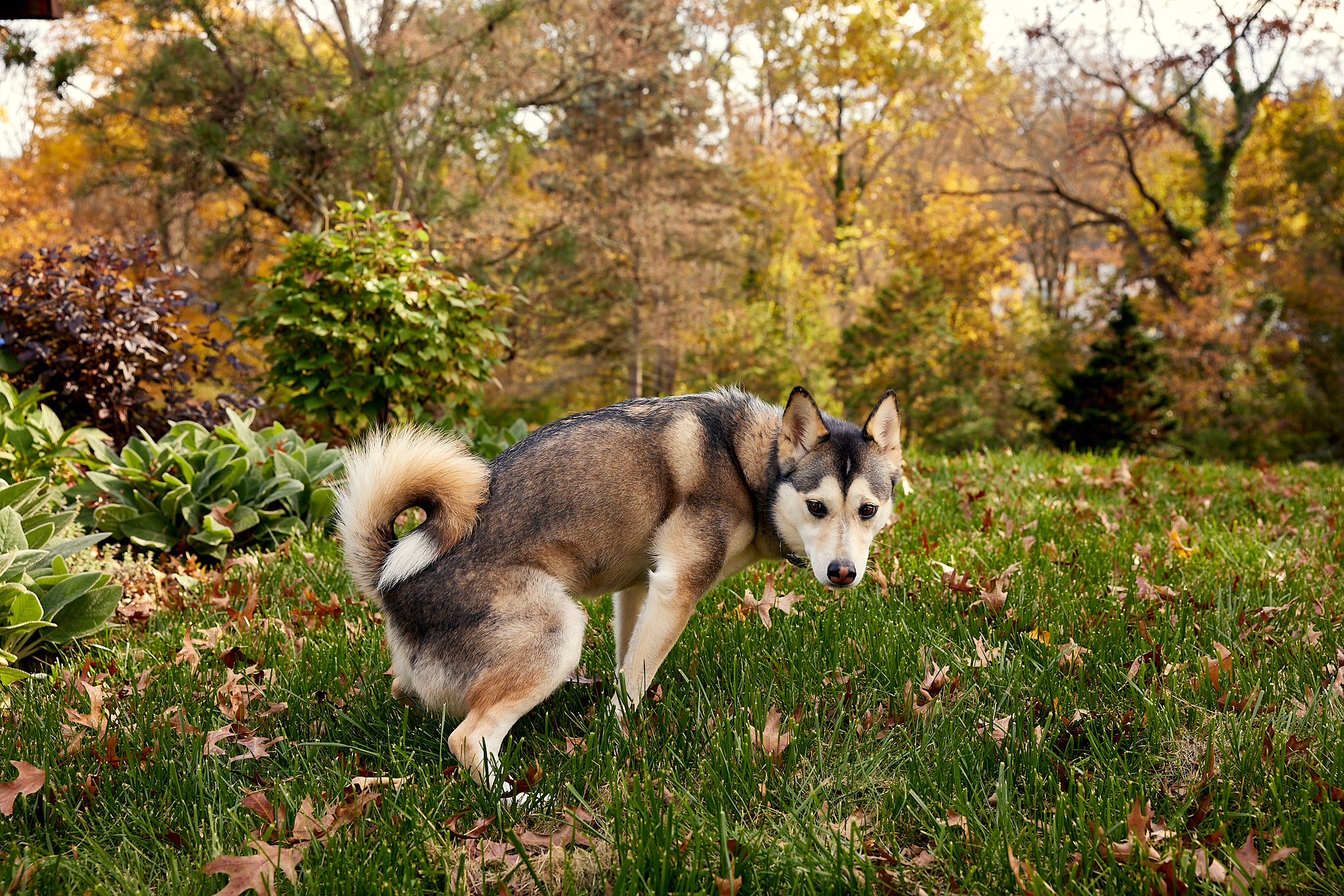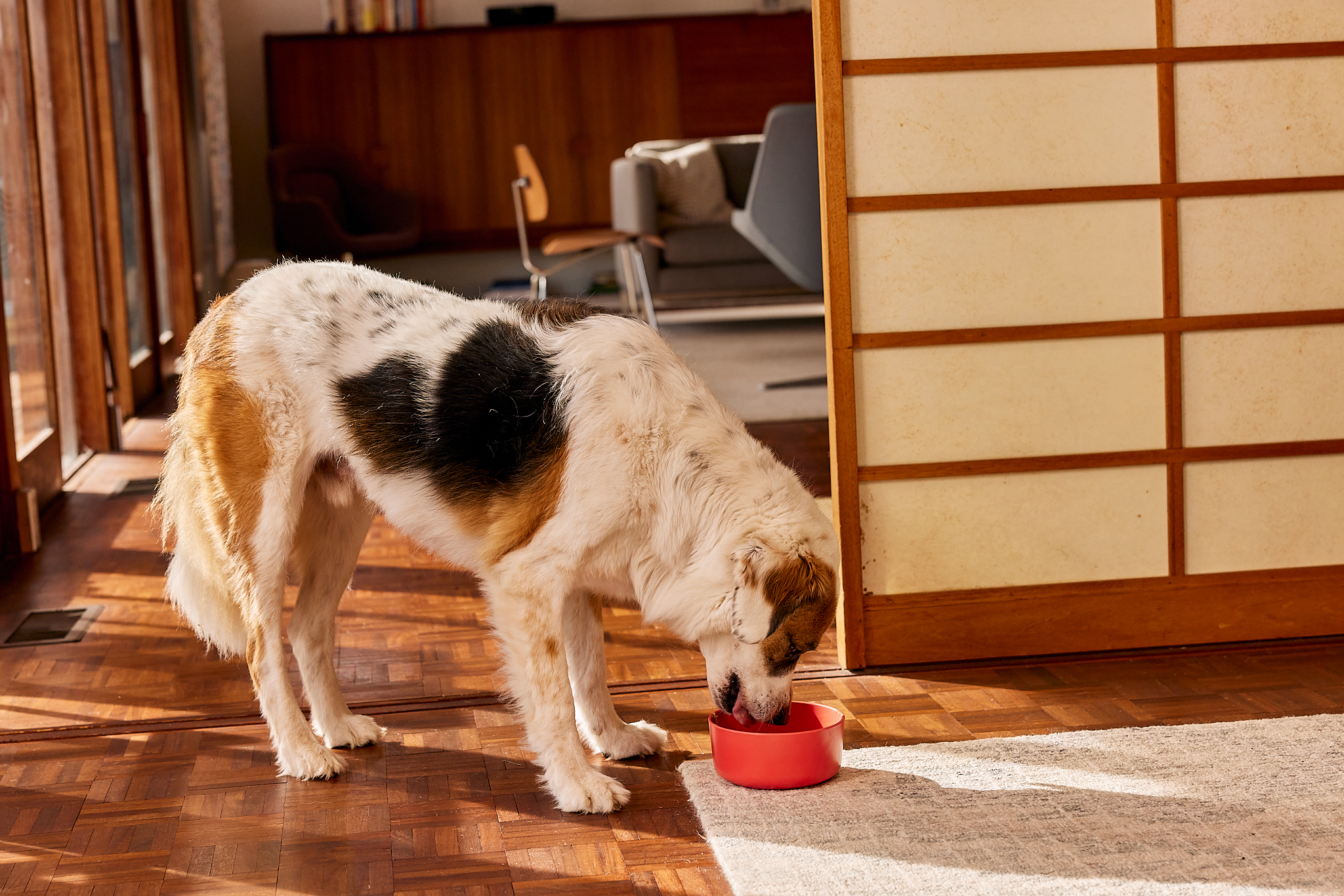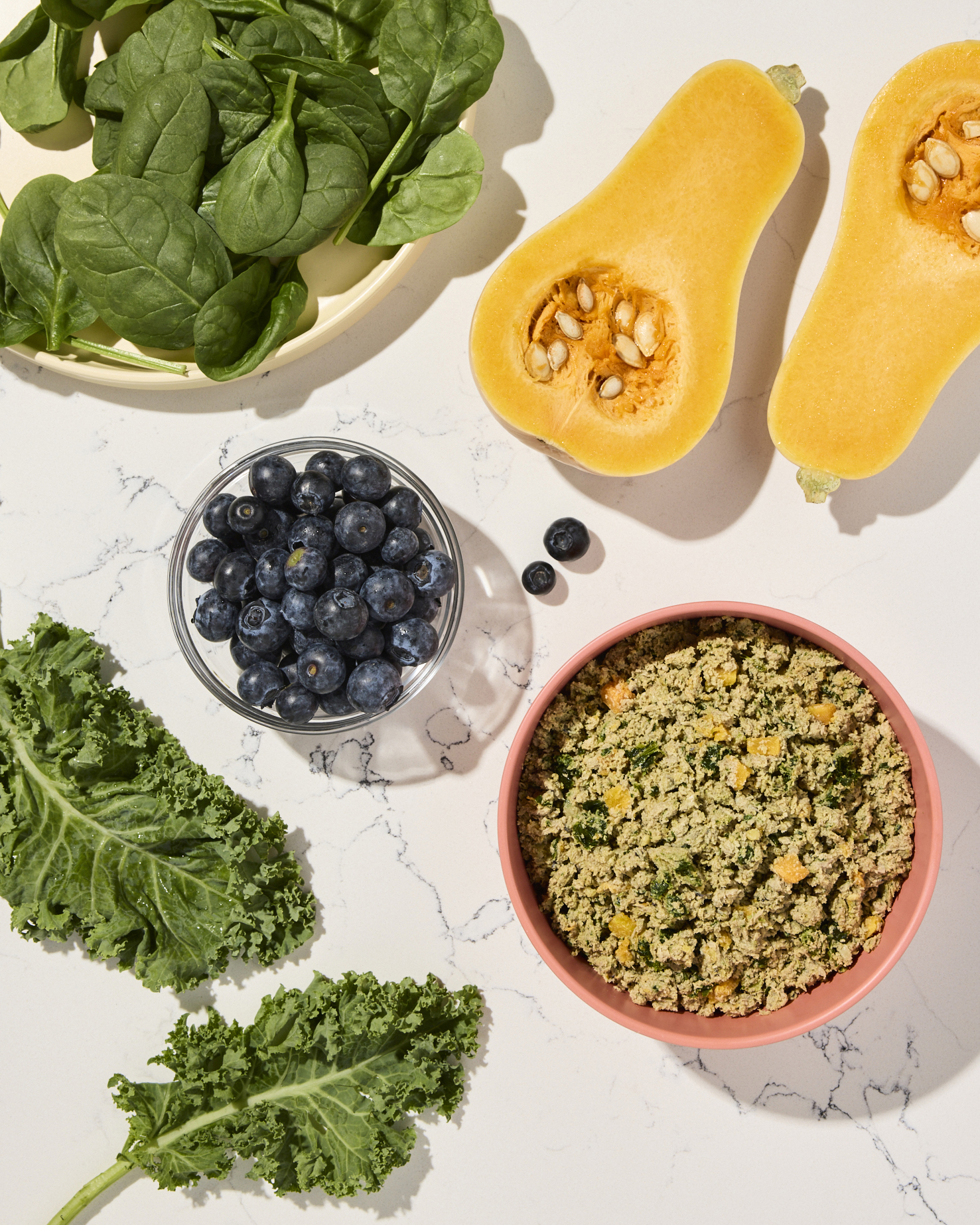Hey Ollie blog readers! We’re offering you an exclusive 60% OFF your starter box! Try now!
February is the month of love. But it’s also American Heart month, a great reminder for all of us to take steps to keep our hearts healthy—including our pets’. Heart disease in dogs is almost as common as it is in humans. Indeed, nearly 8 million dogs in the United States have heart disease already (that’s 10 percent of all pups).
There are two basic forms of heart disease in pups: congenital and acquired. Congenital problems are due to a defect that has been present since birth, and it may be exacerbated by age, injury, or diet. Acquired heart disease is usually seen as either mitral valve disease or dilated cardiomyopathy (DCM). Your pup can also contract heart disease through a heartworm infection (more on that below).
Mitral valve disease happens when the mitral valve of the heart starts to gives out as your pup ages. This occurs most often in smaller dogs, such as Poodles, Yorkies, Chihuahuas, and Pugs. DCM is when the heart muscle becomes enlarged and does not function properly. The chances of your dog getting DCM increase as they age, and it usually affects dogs between four and 10 years old. DCM is most common in large dogs such as Doberman Pinschers, Great Danes, German Shepherds, and Saint Bernards.
Although not much can be done to prevent congenital heart problems (the kind your pup is born with), there are things you can do to avoid exacerbating the issue—and stave off acquired heart disease. Read on to learn what you can do to keep your pup’s ticker in top shape.
1. Feed your pup a healthy diet
Overweight dogs (just like overweight people) are more prone to developing heart problems so it’s crucial to feed your pup a healthy diet. Make sure they’re getting high quality sources of protein, vitamins, minerals, Omega-3 fatty acids, and taurine (an amino acid that can improve your dog’s heart function). Balancing your dog’s diet is important, too: at Ollie, we recommend a one-to-one-to-one ratio of high-quality meat protein, naturally occurring fats such as cod liver oil, and carbs in the form of nutrient-dense starches, vegetables, and seeds.
2. Get your pup’s heart pumping
There’s no better workout buddy than your pup—and exercising them regularly will help stave off heart disease for them (and you!). Get your pup’s heart pumping with cardio like walking, hiking, running, or playing fetch.
3. Brush your pup’s teeth regularly
Some studies have shown a link between gum disease and heart disease in dogs. By cleaning your pup’s teeth regularly, you’ll prevent bacteria and decay from entering your dog’s bloodstream, which can affect their heart. Aim to brush your dog’s teeth at least once a week. We know, easier said than done, so here’s a stress-free way to do it.
4. Prevent heartworm in your pup
Heartworm disease can lead to heart failure so it’s crucial to give your pup preventative heartworm meds, especially if you live in an area where heartworm is prevalent. Consult your vet, who may recommend a simple pill or topical product that can be taken monthly.
5. Monitor your pup for signs of heart disease
The majority heart disease cases in dogs are acquired rather than congenital, and they’re usually the result of old age, injury, or illness. Heart disease is often called a “silent killer” in pups since your dog may not display symptoms until it’s too late. That said, it’s still important to be on the lookout for signs. See your vet if you notice any of the following:
- Coughing more than usual (especially after exercise and at night)
- Shortness of breath / difficulty breathing
- Poor appetite
- Rapid weight loss
- Fatigue
- Fainting spells
- Pale gums
- Swollen abdomen or extremities
- Weakness
The Ollie blog is devoted to helping pet parents lead healthier lives with their pups. If you want to learn more about our fresh, human-grade food, check out MyOllie.com.
Tagged As:

The nutrition your dog needs,
the food they want.

Enjoying our articles? Subscribe our Newsletters and get new articles directly to your inbox
You might also like
3 July 2025
5 MINS READ
How Fresh Food Can Help Your Dog Have Perfect Poops
As a pup parent, you’re likely very familiar with your dog’s bathroom habits. While it may not be the most glamorous part of taking care of your pup, a dog’s stool can be one of the most dir…
by Ollie Pets
4 June 2025
5 MINS READ
How Can Fresh Dog Food Help with Weight Management?
Maintaining a healthy weight is one of the most important aspects of your dog’s overall health and longevity. Being overweight or underweight can result in health complications and conditions that…
23 May 2025
5 MINS READ
Why Fresh Dog Food Makes Happier, Healthier Dogs That Live Longer
Every pup parent wants their dog to live a long, happy life, and the path to a healthier, happier dog starts with what’s in their bowl. Recent research and expert insights reveal that fresh dog …
by Ollie Pets







